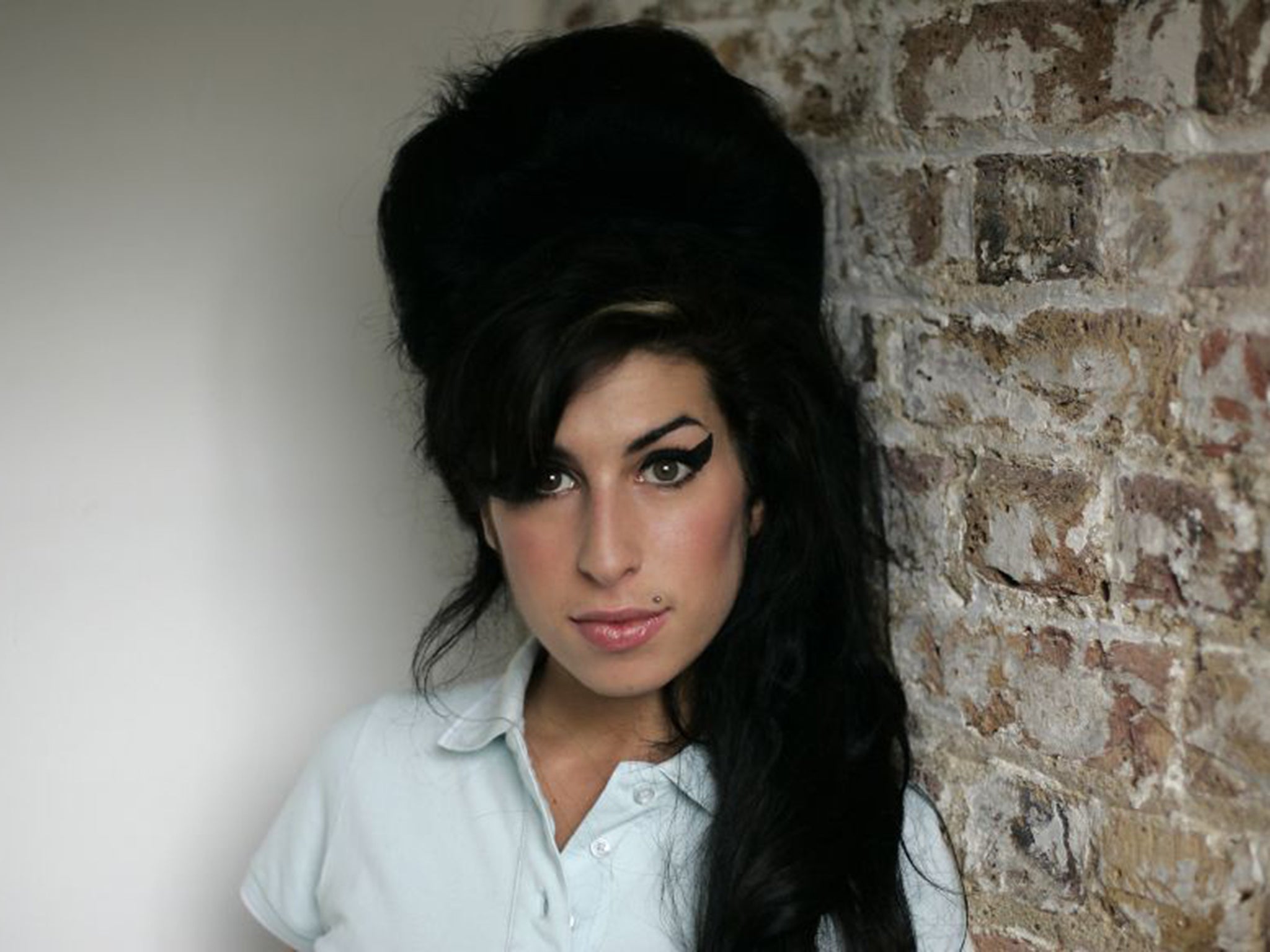It was greed that killed Amy Winehouse, but no one seems to want to learn the lesson
Her music propelled her to a fame she had no clue how to navigate

It’s a horrible irony that Amy, Asif Kapadia’s extraordinary film about the life and death of Amy Winehouse, begins with a jerky bit of home video. In it, a 14-year-old Winehouse – all teeth and zits and look-at-me, don’t-look-at-me adolescent silliness – sings “Happy Birthday” down the lens, like an Enfield Marilyn Monroe.
From there on, the film is a harrowing two hours of camerawork of varying quality and intrusiveness, stitched together with Winehouse’s music and lyrics, which laid her life bare with more wit, flair and honesty than 100 paparazzi shots could. It hurtles from her messing about on camera-phones in cars to wobbly film of her early sessions to footage of concerts and red carpets. The last hour is lit up by the flashbulbs that eventually followed Winehouse wherever she went – the corner shop or the Grammys. To watch it from the comfort of a cinema seat is to feel mild anxiety and a headache coming on. What it must have been like to live in the middle of its noisy, aggressive dazzle is hard to grasp.
It’s striking to see just how quickly Winehouse unravelled. The first hour covers her childhood and early career; the second is a horrible spiral from the release of Back to Black in 2006, through the mumbly, stumbly performances and the pictures of bloody ballet pumps and smeary eyes, to her death from alcohol poisoning, just five years later. Tony Bennett, with whom Winehouse made one of her last recordings, says that he wishes he had told her to slow down, that “life tells you how to live it if you can stick around long enough”. Now, not four years on from her death, there’s a film. A sensitive, beautifully made film, but it still feels too soon.
I saw Amy this week and was surprised by how devastating it was. I was a Winehouse fan – how could anyone who heard that velvety, soulful foghorn of a voice not be? We were more or less the same age and her music soundtracked the start of my adult, if not grown-up, life in London – nights spent at gigs and in pubs, weekends spent drifting around markets and dancing at festivals. Around the time Back to Black came out, I dressed up as Amy for a party, teasing my hair into that quivering beehive and pressing fake heart tattoos on to my chest. It was just fancy dress. I had nothing more in common with Winehouse – with all that immense talent and all those insistent demons – than a penchant for too much eyeliner.
It was on the same superficial level that “Rehab” became a favourite at every house party and every wedding disco for a time. It was, everyone agreed, a great song to dance to, but, in Amy, that song is pegged as the fatal turning point. It was the moment Winehouse was propelled to a fame she had no clue how to navigate. And it was about the moment, her one-time manager Nick Shymansky says in the film, that Amy was lost. If Winehouse had gone to rehab, if her father hadn’t said she was fine, they might have saved her.
There is a lot of “coulda woulda shoulda” in Amy. Winehouse died at 27, like Jimi Hendrix, Janis Joplin, Jim Morrison and Kurt Cobain before her. They have all had documentaries made about them, too. For an industry so grievously familiar with premature death, the music business has yet to pay any serious attention to preventing it, to recognising the fragility of its talents. There will be more gone-too-soons. And family, friends and hangers-on will give interviews and hand over their private videos and voicemails. And we will go and watch, and feel sad and uncomfortably responsible, and wish it were a new album we were spending our money on instead.
Amy is a film about greed. Winehouse’s greed for love and self-destruction, her husband’s greed for drugs. The greed that drove her father Mitch to follow her to her recovery in St Lucia, with a camera crew in tow – and then to tick her off when she refused to pose for selfies with tourists. The greed that led newspapers and magazines to print pictures of her in disarray more often than in her element on stage. And the greed of an industry that meant that no one stopped to wonder why their star’s thighs looked like twigs, or why she was drinking whisky before lunch, or why she so vehemently did not want to go on stage when music was her life, before it was too late. No one took any responsibility then. No one is taking any now, and all that is left is footage. What a waste.



Join our commenting forum
Join thought-provoking conversations, follow other Independent readers and see their replies